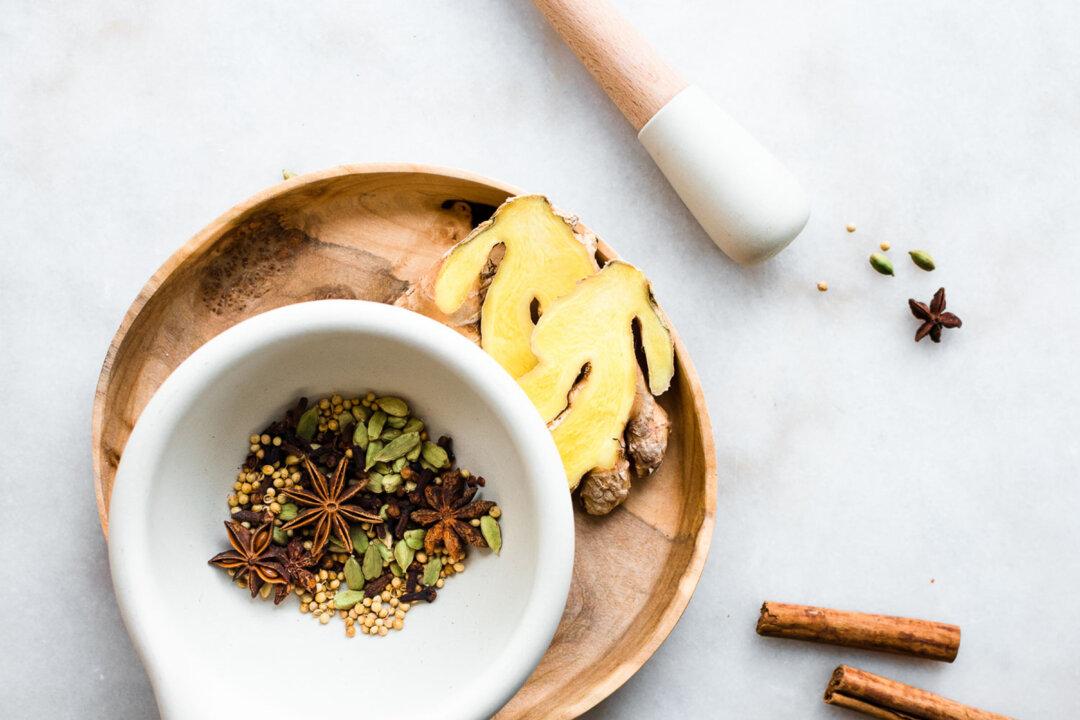With winter’s chill in the air, we’re all looking for some measure of warmth and comfort. One of the best ways to combat that cold, seasonal energy is with wholesome cooking and fragrant, warming spices.
Wintertime favorites, such as cinnamon, cloves, and ginger, are delicious this time of year and bring much more than flavor to the table. These aromatic spices act like an herbal medicine chest for winter by soothing digestion after heavy meals, boosting metabolic health, and even supporting the immune system, too.





